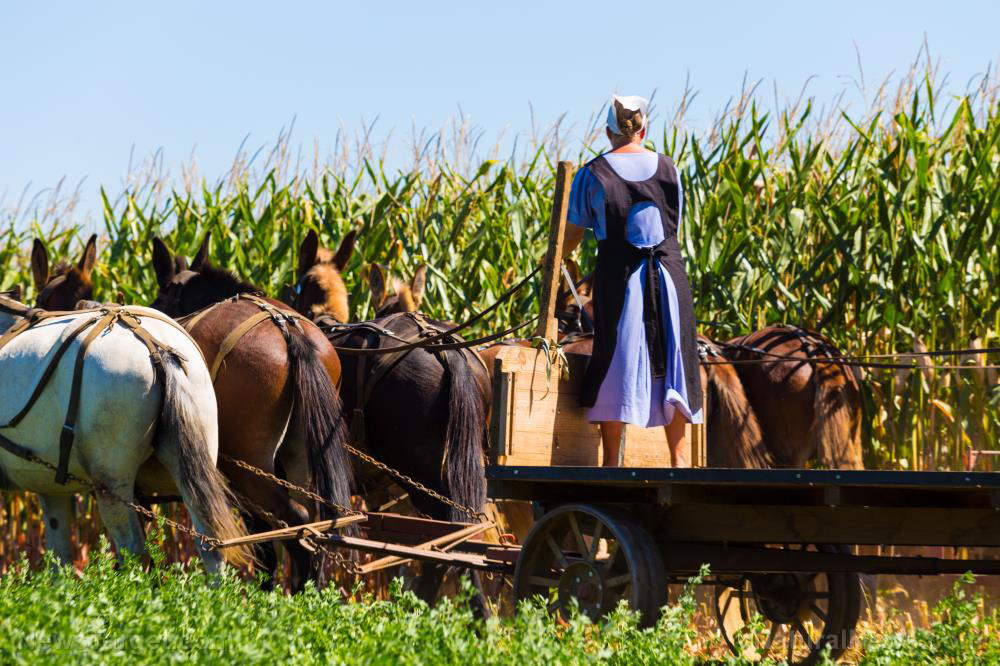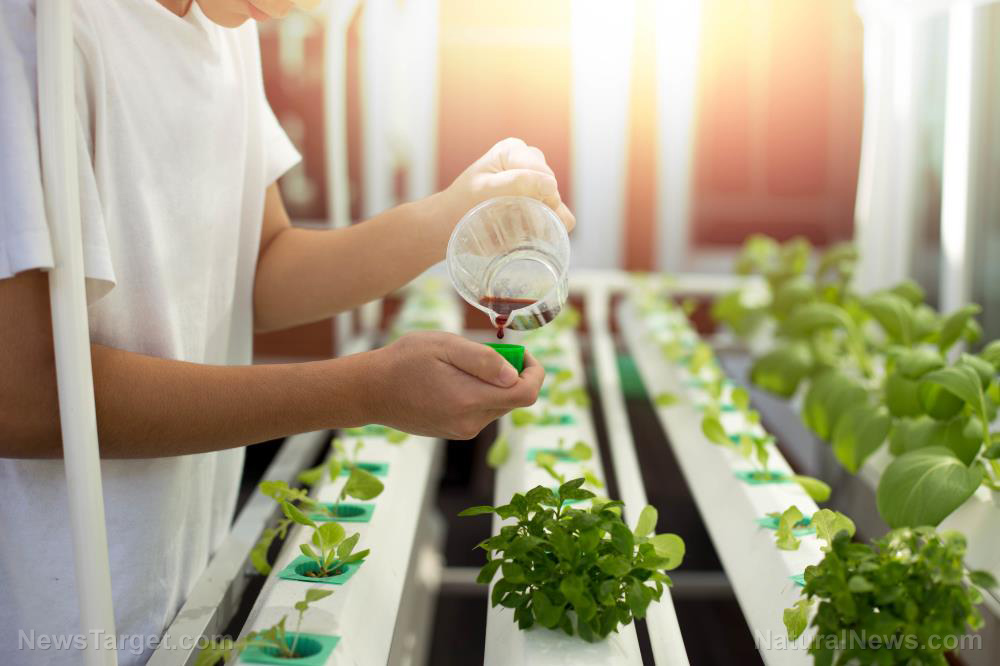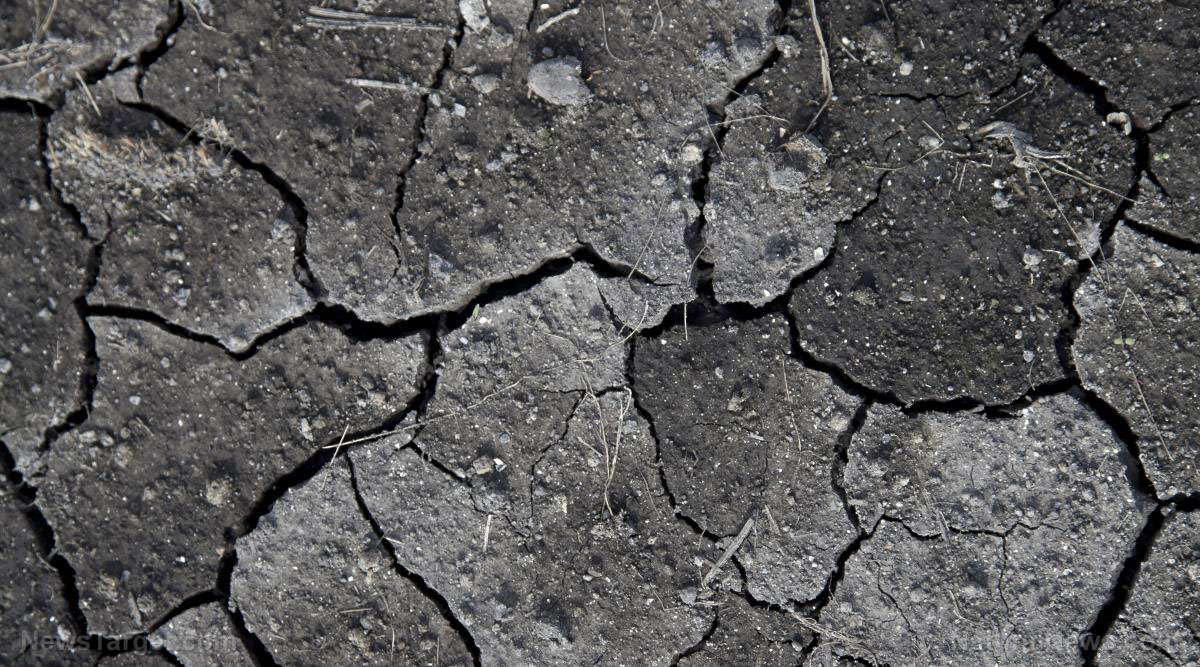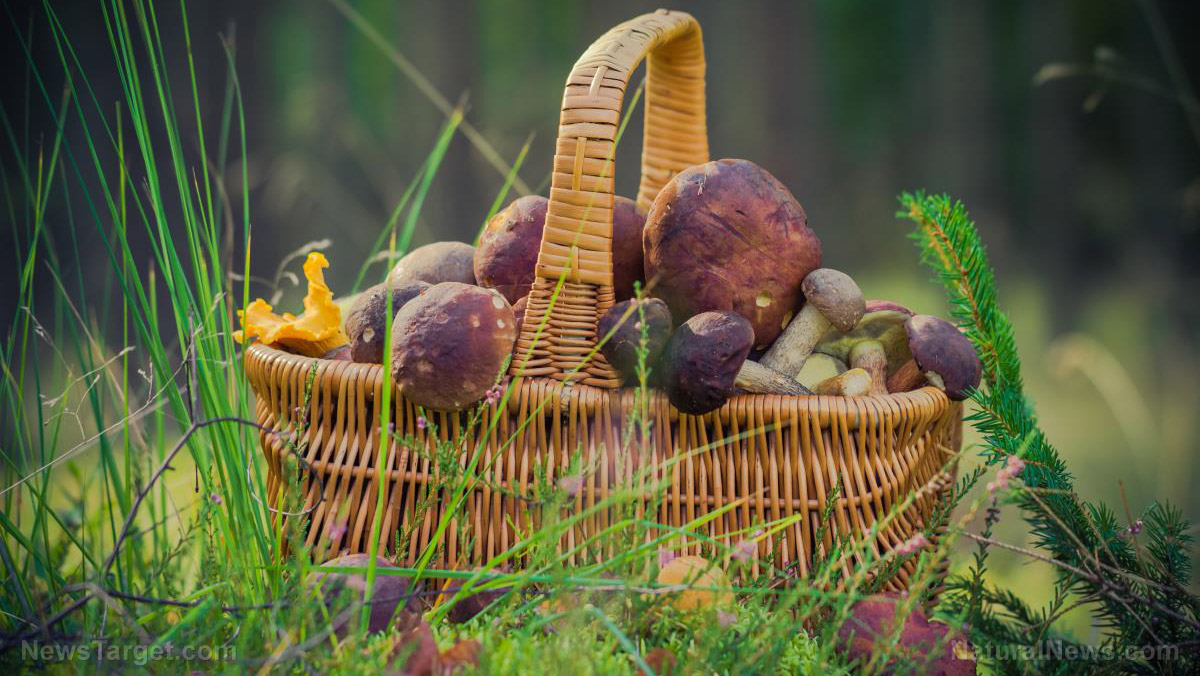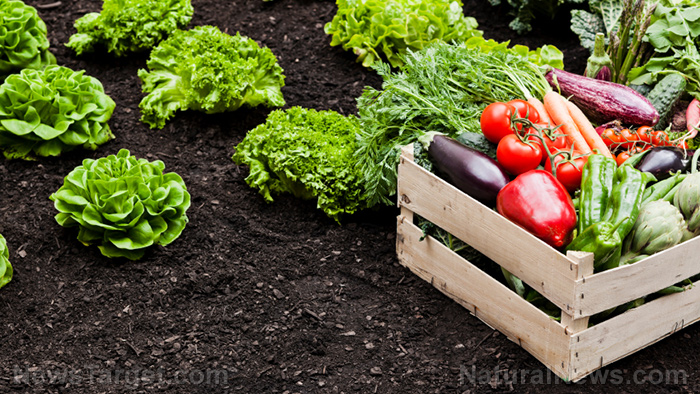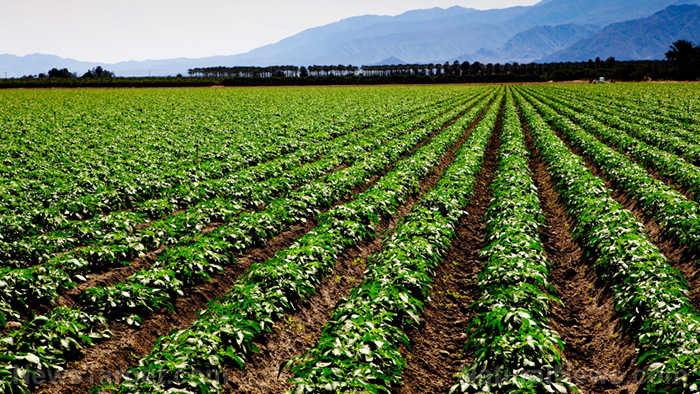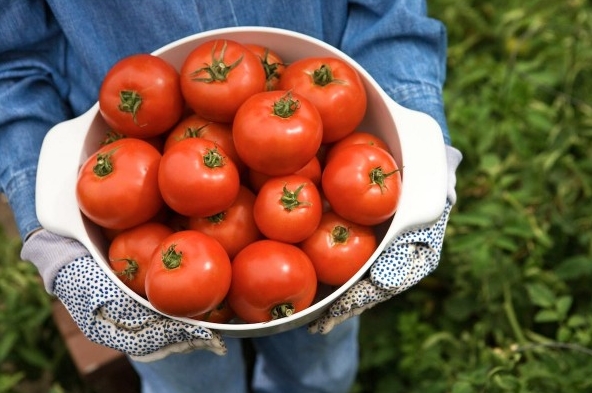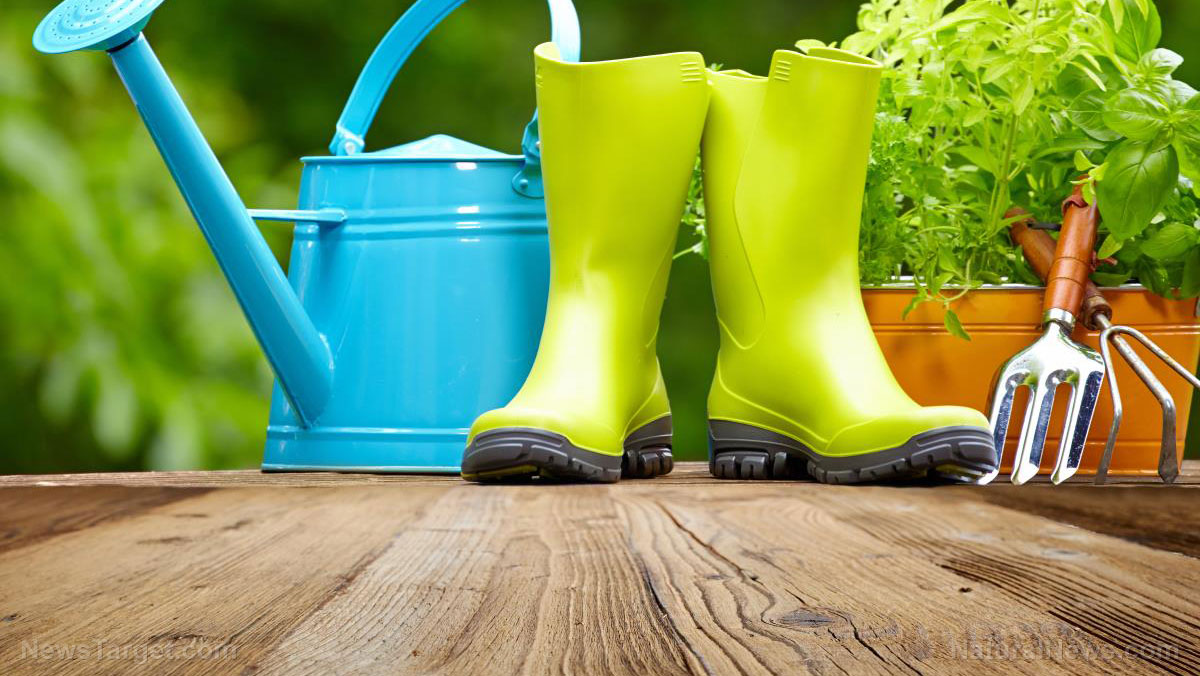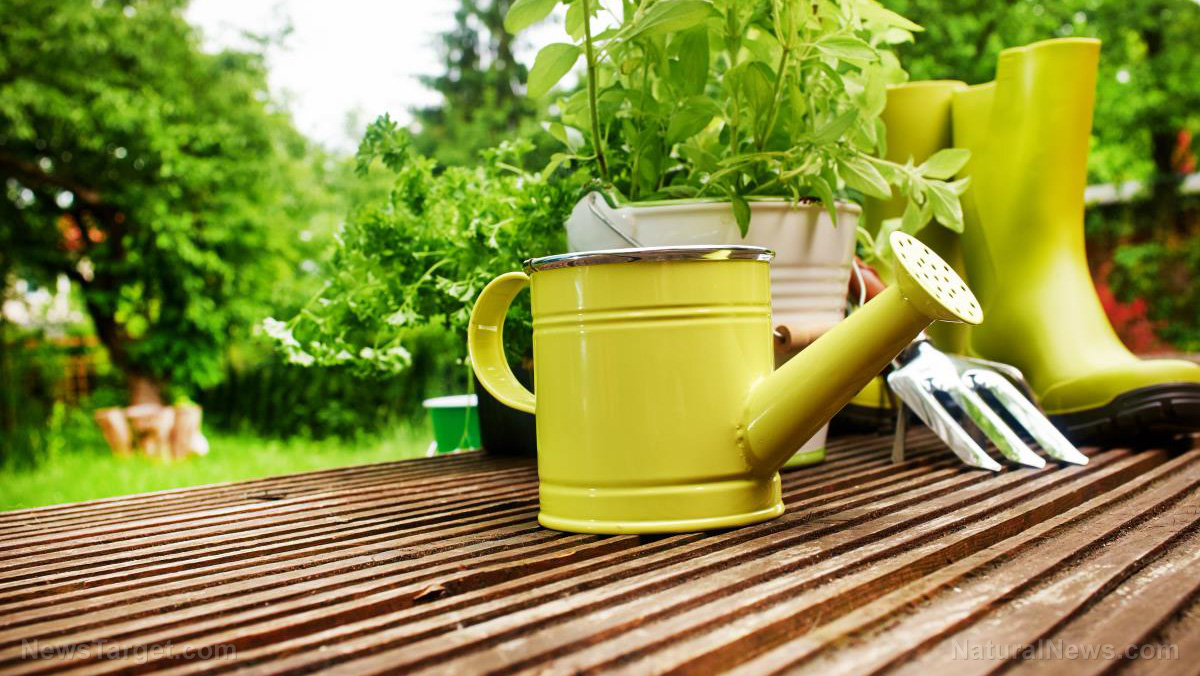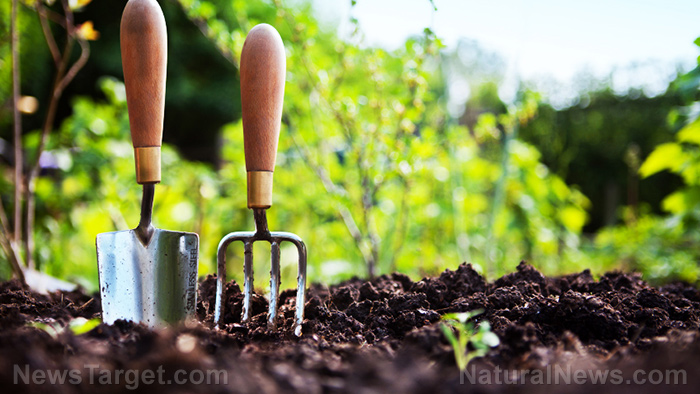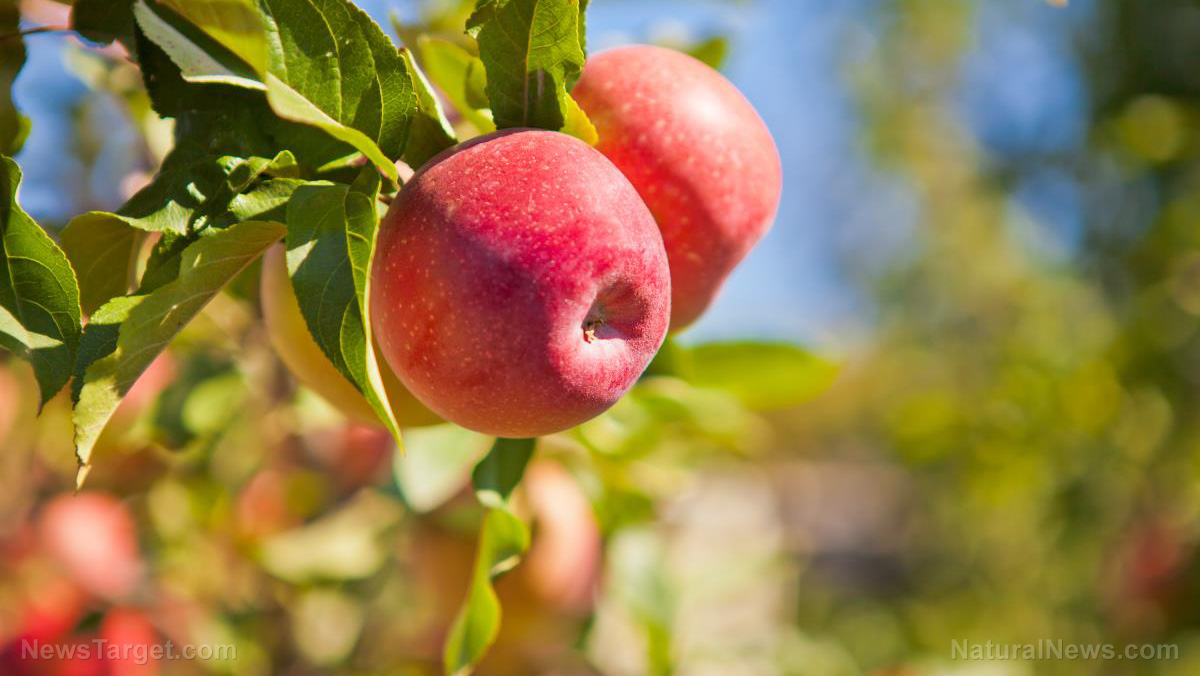10 Must-have outdoor tools for your homestead
11/06/2020 / By Divina Ramirez
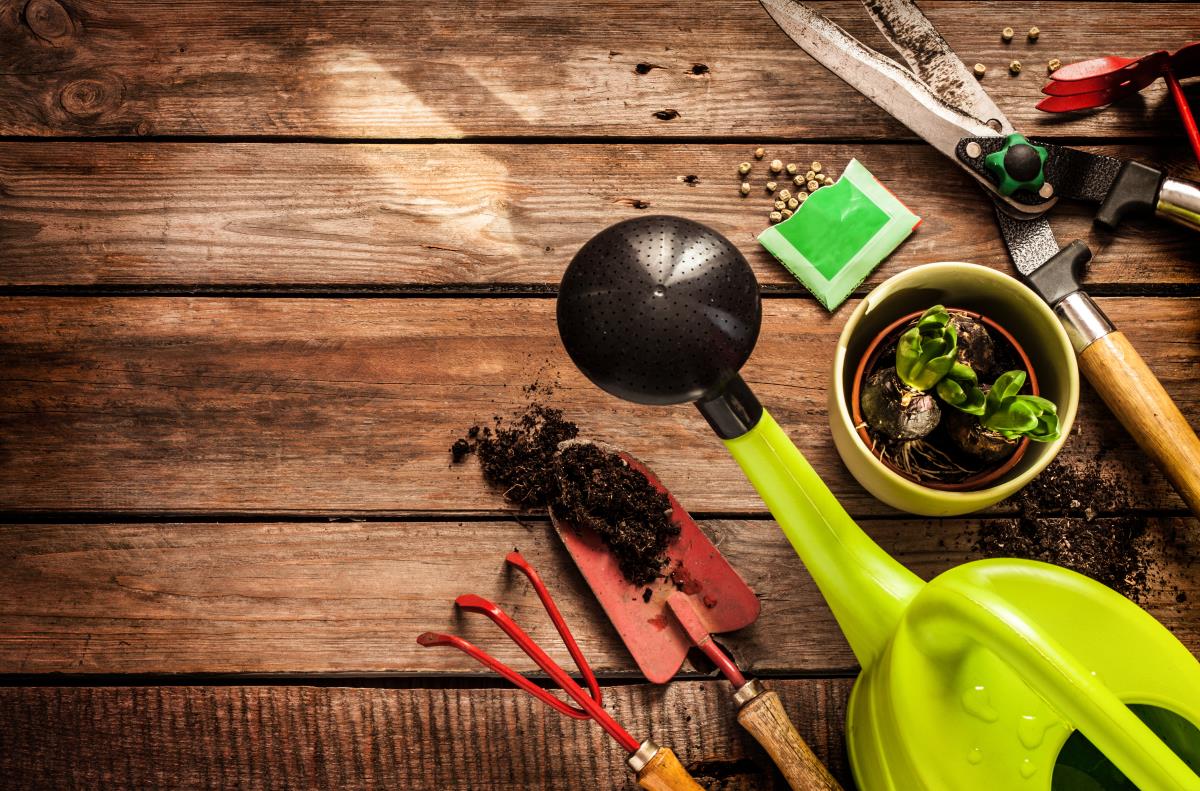
Maintaining a homestead involves a lot of hard work, from cleaning out the garden each season to stocking up on firewood for the winter. But routine homesteading tasks can be made easier with the right tools.
Here is a list of 10 outdoor tools that homesteaders should have in their sheds:
Gloves
Gloves are useful for gardening and general homesteading. When gardening, gloves help protect against blisters, scrapes and splinters. In addition, they also protect the hands while doing other chores like chopping firewood, pruning hedges and the like.
Gardening gloves are often made of fabric and are breathable. Protective work gloves, on the other hand, are made of thicker material and tend to feel stiff around the fingertips. Gardening gloves should not be used when a chore calls for work gloves and vice versa, so it’s important to have both kinds.
Hand tiller
Soil needs to be prepared before each sowing season. Doing so helps ensure good plant growth and lowers the need for fertilizers. To prepare the soil, gardeners can use a hand tiller to aerate the soil. They can also use a hand tiller to incorporate compost into the soil.
Tilling is best done when sowing seeds on the ground, not on beds.
Trowel
Trowels are useful for digging holes, turning soil and planting seedlings outdoors. Trowels are also useful for digging out weeds that have encroached on garden plots. Most trowels have smooth edges, while others have serrated ones perfect for cutting roots.
Ax
Homesteaders should have at least a single-bit ax in their tool sheds. This outdoor tool can be used for a wide range of purposes, from pruning dead branches to splitting wood. The dull side of the ax’s blade is also useful for driving in tent stakes to cracking ice.
Pickax
If the heat from the sun is too intense, soil can become too hard and packed for a hand tiller to turn. In such cases, a gardener would use a pickax. The pointed head of this tool is suited for breaking hardened earth. Its chisel end, on the other hand, can be used to lift damaged concrete, chipped paving bricks and the like.
Shovel
A digging shovel is an extremely versatile tool. In the garden, a shovel makes it easier to dig holes, scoop soil for raised beds and stir compost piles. In the winter, a digging shovel makes it easier to clear pavements and outdoor spaces buried in snow.
Saw
Saws are multi-purpose tools in a homestead. Besides their indispensable role when it comes to building outdoor structures, saws are also useful for pruning trees and clearing out undergrowth. (Related: The best ideas to turn your homestead into the ultimate edible landscape.)
Hoe
Another must-have gardening tool, a hoe lets you easily dig trenches for planting seeds. Its blade is also ideal for clearing garden beds of old plants or weeds. Hoes are also useful for spreading compost in tight spaces. If dealing with large areas of dirt or a vegetable garden, choose a wider hoe. For small flower gardens, a smaller, delicate blade will work better
Wheelbarrow
Having a wheelbarrow on hand will make it easier to haul piles of leaves, compost, soil or landscaping stones. Wheelbarrows are also useful for transporting new seedlings to and from garden beds.
Wood-splitting wedge
As the name implies, a splitting wedge makes the job of splitting wood faster and easier. It is best used when splitting large logs that require multiple hacks with the ax.
Having the right tools on hand at all times can make homesteading easier and more enjoyable in the long run. Focus on the basics and make sure your shed is not missing any of the tools and equipment listed above.
Learn more about important tools and equipment for homesteading at Homesteading.news.
Sources include:
AYearWithoutTheGroceryStore.com
Submit a correction >>
Tagged Under:
green living, home gardening, homesteading, homesteading tools, off grid, organic farming, outdoor tools, preparedness, prepping, survival, sustainable living, tips
This article may contain statements that reflect the opinion of the author
RECENT NEWS & ARTICLES
OrganicFarming.News is a fact-based public education website published by Organic Farming News Features, LLC.
All content copyright © 2018 by Organic Farming News Features, LLC.
Contact Us with Tips or Corrections
All trademarks, registered trademarks and servicemarks mentioned on this site are the property of their respective owners.

